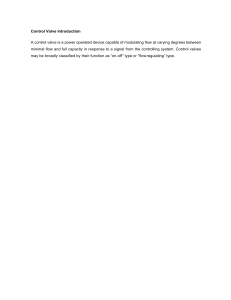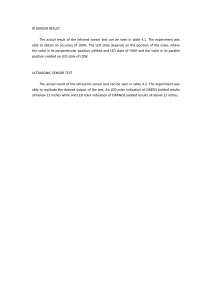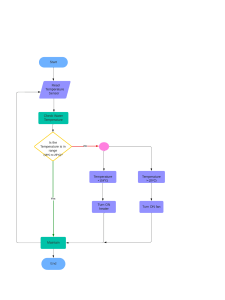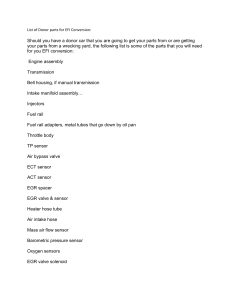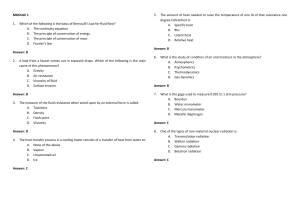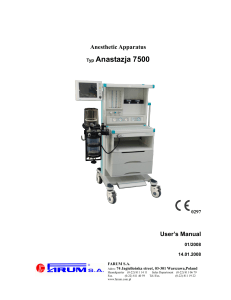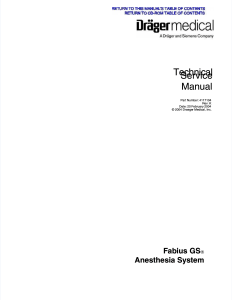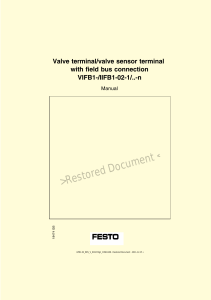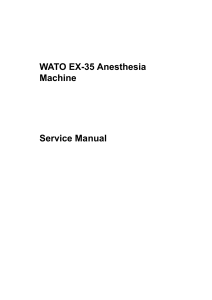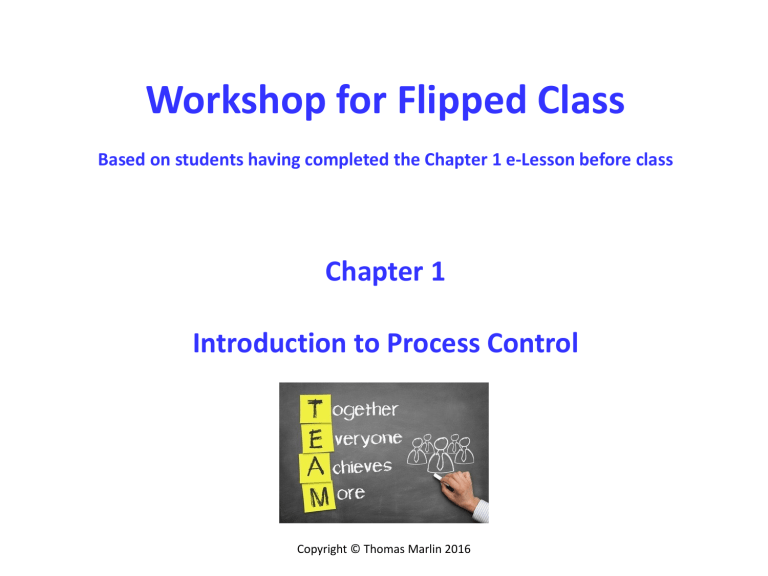
Workshop for Flipped Class Based on students having completed the Chapter 1 e-Lesson before class Chapter 1 Introduction to Process Control Copyright © Thomas Marlin 2016 CHAPTER 1. INTRODUCTION TO PROCESS CONTROL Workshop 1. Manual Flow Control The person is implementing flow control “manually” a. Explain the principle for a typical flow sensor, the orifice meter. b. Explain how the final element affects the controlled flow. c. Explain how this system can be used to control flow rate, or if control is not possible, propose modifications that will make control possible. d. Flow sensor Is the person implementing FEEDBACK control? Constant speed electrical motor M Centrifugal pump valve CHAPTER 1. INTRODUCTION TO PROCESS CONTROL Workshop 2. Manual Level Control The person is implementing level control “manually” a. Explain the principle for a typical level sensor b. Explain how the final element affects the adjusted flow. c. Explain how this system can be used to control level, or if control is not possible, propose modifications that will make control possible. d. Is the person implementing FEEDBACK control? sensor valve M Constant speed electrical motor Centrifugal pump CHAPTER 1. INTRODUCTION TO PROCESS CONTROL Workshop 5. Why is boiler control needed? For the boiler process in the figure, identify at least one example of 1. 2. 3. Model mismatch Disturbance Change to desired variable value Flue gas Boiler feed water air Superheated steam Saturated steam Fuel gas CHAPTER 1. INTRODUCTION TO PROCESS CONTROL Workshop 6. Applying the feedback principle A non-isothermal, stirred tank CSTR is shown in the figure below. Decide whether each of the following approaches applies the feedback principle. 1. 2. 3. Control A1 by adjusting the opening of valve v2 Control A1 by adjusting the opening of valve v1 Control A1 by compensating for changes in measured A2 by adjusting the opening of valve v2 A2 Feed contains only solvent and “A” A®B CAin v1 A1 CA Heating medium v2
